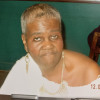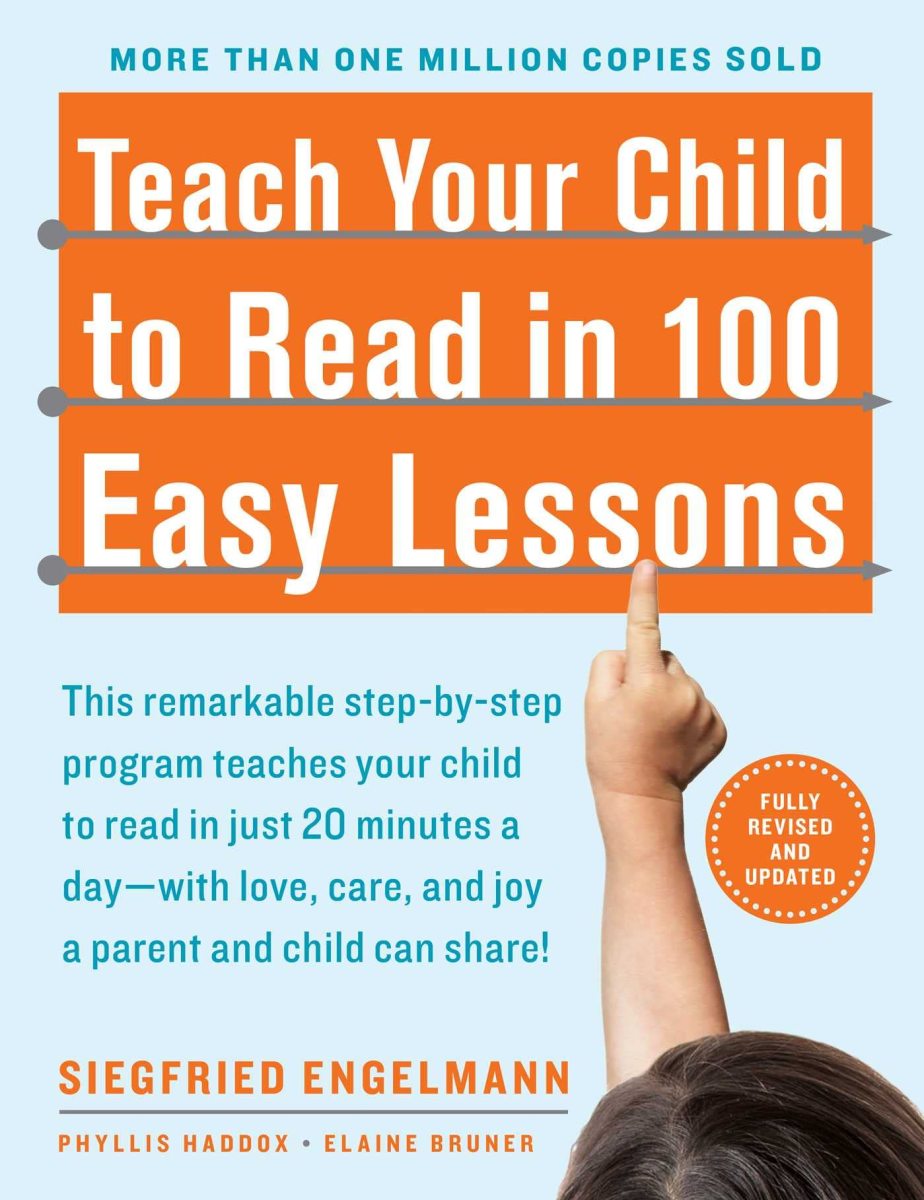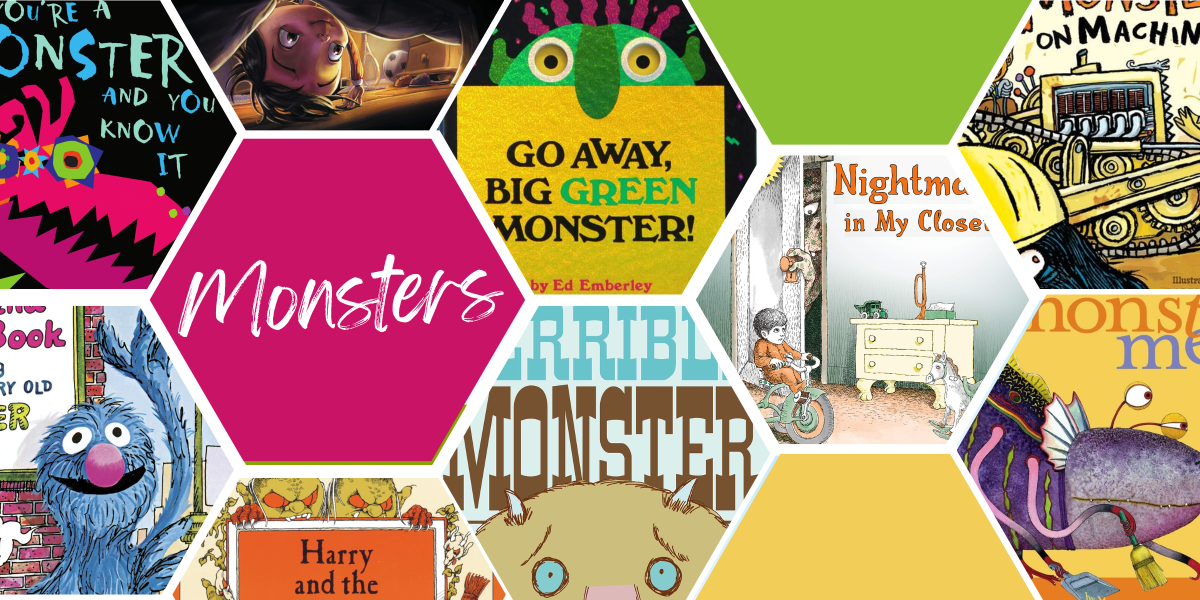- HubPages»
- Education and Science»
- Teaching»
- Lesson Plans
Acclimatizing Exceptional Learners
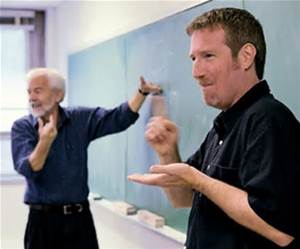
Introduction
All students have individual needs, interests, and abilities that affect their performance academically and socially. Thus, identifying these characteristics is important if you as a teacher are to plan and provide appropriate vocational instruction.
You will first need to find out who the exceptional students are (identification). Then you will need to determine their strengths and weaknesses in various educational areas (diagnosis).
This module is designed to give you skill in identifying those students who have special instructional needs and in diagnosing what those needs are.
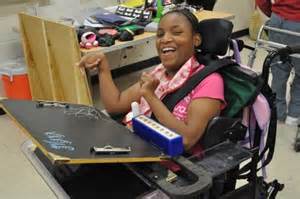
The Importance of Identifying Adult Exceptional Learners
In general, exceptional students require different type of instructional approach because of their exceptional needs or abilities. Some of them may have learning problems. Some of them may be withdrawn or lack motivation to perform in your program. So-called “slow learners” may be mentally retarded or lack basic educational skills because of economic disadvantagement. Students with physical impairments can be prevented from achieving their full potential in your program because of the physical environment of the classroom or laboratory.
Other exceptional students may perform poorly because they lack basic academic or occupational skills in your particular vocational area. Other students may be hampered academically and vocationally because of speech or language differences. Some exceptional students may come from homes where English is not spoken at all. Cultural differences can also cause some students to feel isolated from the mainstream. Still others may have problems in your program because they learn faster or think more creatively than the typical students may.
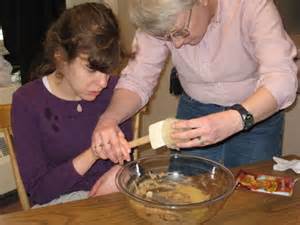
Identifying Exceptional Learners
You will identify exceptional students on different occasions, depending upon the situation. Your first reaction would probably be to find out what you can from the students themselves and from any existing records. You can also be involved in identification and diagnosis of students with physical, sensory, or mental handicaps. Finally, you may begin identification and diagnosis when a student has been in your class a while.

Your Role as "Team Leader"
As Instructor or "Team Leader" there are some important things to keep in mind about your role in identification and diagnosis:
-
First, the amount of time you can reasonably put into identification and diagnosis, without disrupting the entire classroom environment, is limited.
-
Second, there are others who can help. People who can help, by assisting in diagnosis or providing information, include the following:
-
School psychologist, nurses, and physicians
-
Counselors
-
Speech pathologists and audiologist
-
Math and reading specialist
-
Special education teachers
-
English-as-a-Second –Language instructors
-
Social workers
-
Students former teachers
-
People who share cultural heritage with specific students

Identification Techniques
Having noticed visible clues, you can observe students to see if they do, in fact, have exceptional needs. For example,
-
Does the student have difficulty interacting with other students?
-
Is the student a member of an isolated clique, not participating in activities with peers?
-
In extreme cases, does the student even try to disrupt the activities of peers?
-
Is the student hostile, defensive, or overly aggressive?
Sometimes students enrolled in programs non-traditional for their sex can experience difficulty in adjusting to a class that has mostly members of the opposite sex. Clues:
-
Is the student withdrawn and passive?
-
Does the student avoid volunteering in class?
-
Is the student very easily discouraged?
You should also pay close attention to the student’s vocational performance:
-
Does the student lack basic occupational information or skills?
-
Does the student appear to be lost or puzzled when certain technical terms are used?
Adult students who are quite capable of understanding content sometimes lack a technical vocabulary. You can look for such clues as the following:
-
Does the student appear frustrated with the program?
-
Does the student withdraw from other students?
-
Does the student’s responses to the material you present indicate that the content is geared to his/her level?
-
Does the pace of the lesson appear suited to the student’s experiences and abilities?
-
Does the student use technical vocabulary correctly?
Sometimes adults in regular programs have special responsibilities that may affect their performance. More clues:
-
Is the student frequently absent, perhaps because of inadequate child-care arrangements?
-
Does the student seem to need financial assistance?
-
Is transportation a problem?
Students with communication problems also often have difficulty mastering basic academic and vocational skills. Clues to communication problems:
-
Does the student work more slowly than other students do?
-
Does he/she have problems with reading and writing?
-
Does the student get consistently low grades on written work?
-
Does the student often ask to have assignments explained?
You should also notice students’ social behavior patterns. Clues to problems in this area include the following:
-
Is a student either very withdrawn and passive or overly aggressive?
-
Does a student seem disruptive and impossible to teach?
-
Does a student seem bored, apathetic, or fidgety?
Finally, you should notice if a student’s appearance and dress indicate that an exceptional need exists, for example:
-
Does a student appear unkempt or have poor hygiene and health habits?
-
Does a student have frequent colds or lack proper nutrition?
-
Does a student seem sleepy or lackadaisical much of the time?
Most students wish to be treated like the rest. They do not wish to be different in any way. Yet, you will need their cooperation so that you can help them overcome barriers to learning. So you should be sensitive to their anxieties and respect their individuality. Otherwise, they are likely to be embarrassed and resent your efforts.

Getting the Meaning ...
Exceptional students are not just limited to those who are academically accelerated or slower learners. There could be physiological or mental disabilities that your students possess that require modification of your teaching style.
Debra is a student in your computer class. You have observed that she seems to have difficulties in understanding instructions and she constantly disturbs her neighboring students to understand her assigned tasks. You have discussed this with her former instructors and discover that she is severely hard of hearing.
What should be your next move?
Identifying Your Exceptional Students
Would you be able to identify and diagnose an exceptional student?
© 2014 Jacqueline Williamson BBA MPA MS
